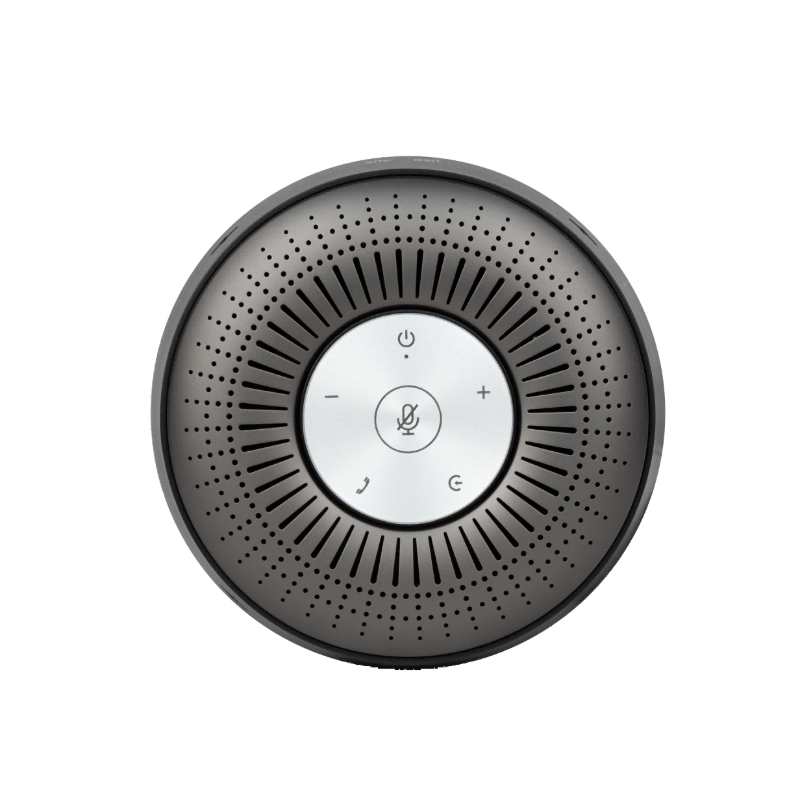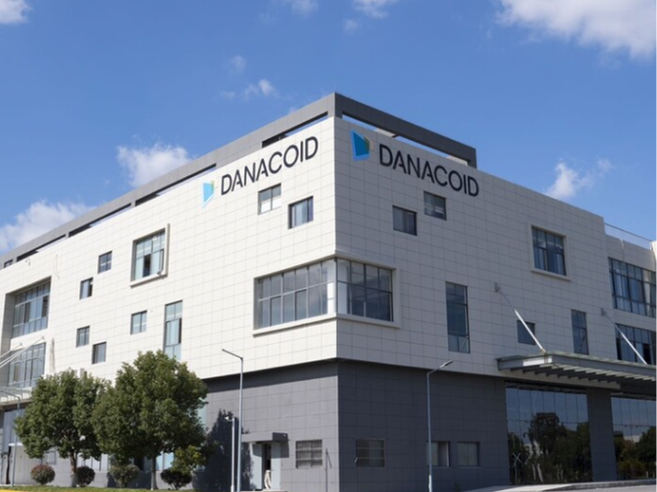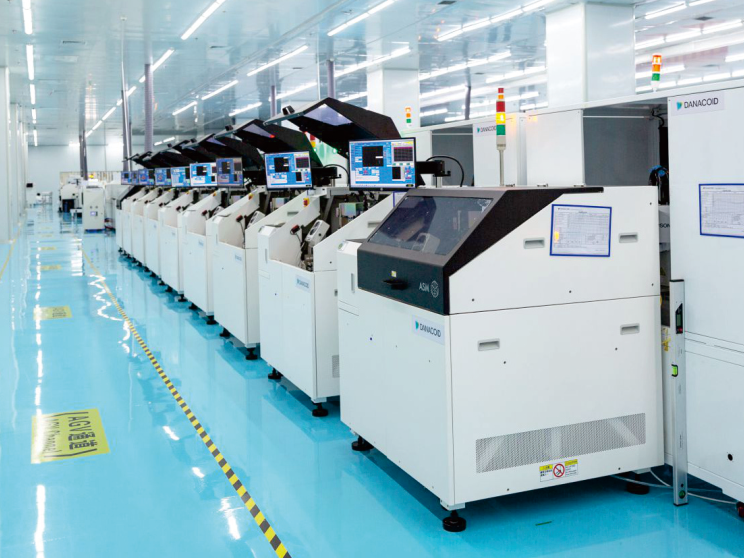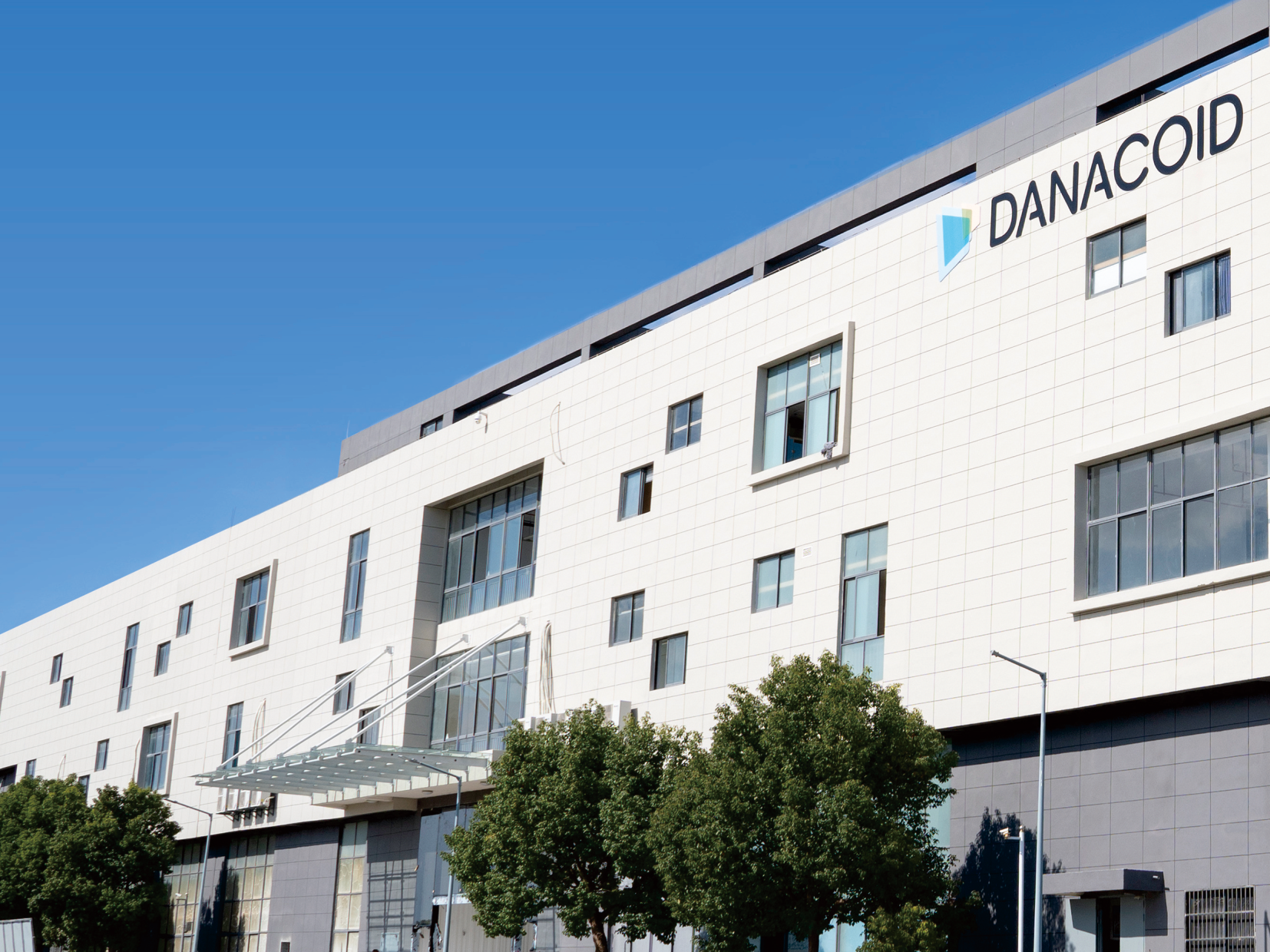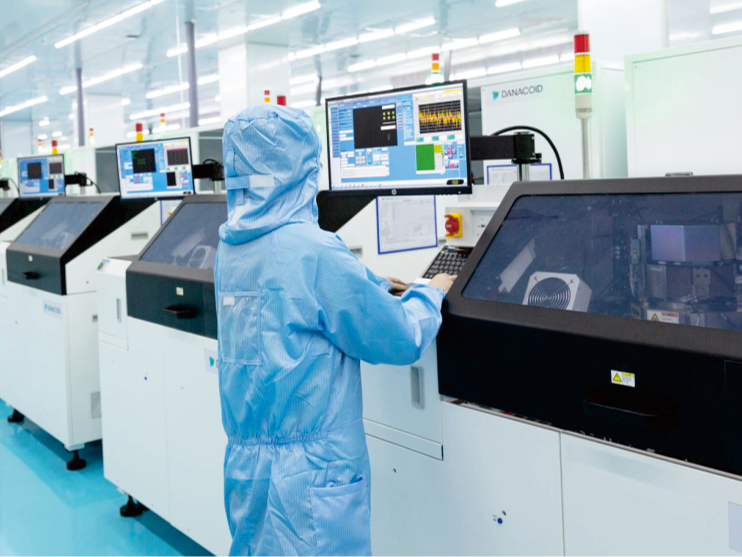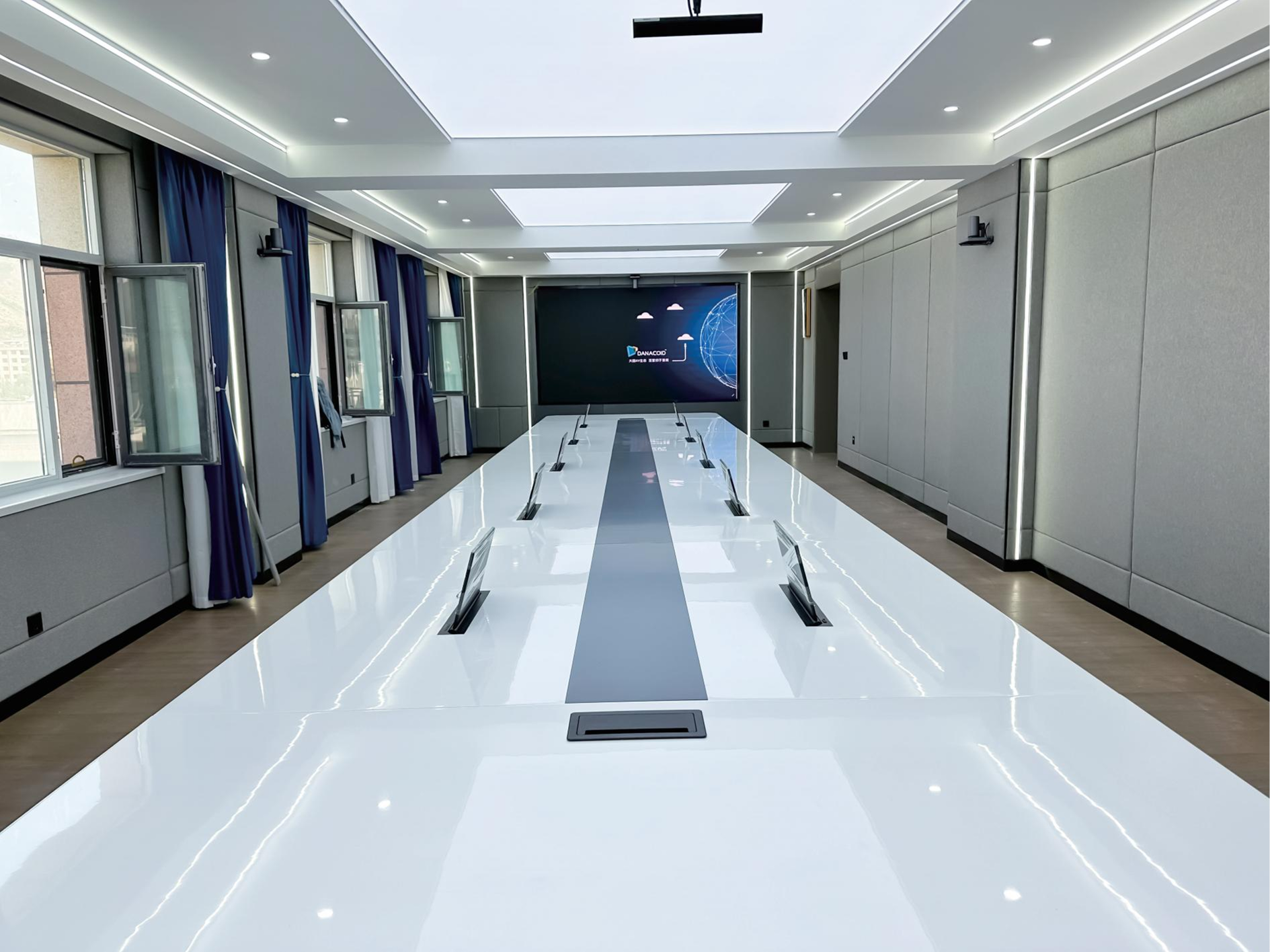Insight into Analog Recording Systems
Analog recording, the first way of capturing sound goes all the way back to the phonograph. To help explain Analogue, the systems record sound by way of physically etching audio wave forms onto a medium: Think vinyl records or magnetic tape. This process captures a continuous signal which closely represent the details of original sound waves. Analog mediums are synonymous with warmth and depth — a sound whose qualities are often attributed to the natural saturation and harmonic distortion of analog material.
An Encyclopedia Guide To Digital Recording Systems
In contrast, digital recording uses a series of 1s and 0s to represent sound waves in an electronic format. In this process, the audio signal is represented by binary code. Formats such as CDs, hard drives and memory cards are some types of digital recording systems that made this one way of how music is produced these days.
While analog recordings have their own charm, digital provide the advantage of precision and detailed information or musical content (fidelity) with potentially lower background noise. Digital systems excel at the fact that they can produce identical digital copies with no loss in quality.
Sound Quality — Key Differences
One of the first differences most people recognize between analog and digital recording systems is the sound difference. Audio files, on the other hand, are celebrated for their natural warmth and depth that a lot of audiophiles contend gives music its punch. But the trade-off for warmth is a more limited dynamic range, and potentially distortion.
Variations in Recording Technique
Another important difference between analog and digital is how the recording works. Tracking and mixing are typically done live on analog tape machines with outboard equipment. This method needs more of manual work and a lot of the gear knowledge and sound physics.
In essence, digital recording is usually non-linear, perfect for elaborate editing and sound processing after the fact. In the digital domain, the world turned to digital audio workstations (DAWs) and plugins as foundational tools used for recording, editing, and mixing. This provides a kind of creative control that an analog system simply never had.
Accessibility and Portability
That's not to mention, we also consider ease of accessibility and portability. There are also certain playback apparatus needed for analog equipment, like turntables for vinyl and tape decks for reel-to-reel formats. That can restrict analog media's portability and convenience.
However, digital systems provide a unique accessibility and portability. Audio files are easily transferred between devices and can be shared online. Streaming services amplification degrees of accessibility of digital music for all individuals who has an internet access.
Cost Considerations
One of the key elements when comparing analog versus digital recording systems is cost. Real analog equipment—especially good-sounding tape machines and outboard gear—is expensive to acquire and own. Nonetheless, for many professionals and enthusiasts alike, the benefits of an analog recording — both in the feel of it and the unique sound it offers to talent — outweigh these costs.
While the up-front costs for many digital recording systems can be significant (in terms of computer hardware and software investment), they will often save money in media and maintenance over time. Since digital systems are also scaleable, they can expand with the users needs making them a cost efficient solution for many recording applications.
How Music Production is Affected
These recording systems were the most impactful music productions. The warm sound of analog recording has characterized the sonic quality of countless iconic recordings, infusing natural sonic and creative routing into music from every era.
Digital recording, one of the bigger modern advancements in music creation technology a project which opens previously unattainable flexibility and possibility. More types of producers can make music off the backs of digital technology, as they further decoupled the actual production of music from any megastar in a given form.
Recording Systems in the Future
There is a newfound interest in analog recording from several quarters these days but that does not mean that digital systems are taking it easy now or in the future. While analog recording will always remain a niche market, the comeback of vinyl records has also encouraged hybrid systems that combine advantages of both digital and analog worlds.
Progress in audio technology, artificial intelligence and machine learning continues to allow musicians more possibilities for digital recording.
Conclusion
Deciding whether analog vs digital recording system is the correct option for you will ultimately decided by a variety of aspects such as sound quality, preferred way to record, storage space, ease-of-use and price. Each of these systems has its own benefits and both can be present in the current recordings. Ultimately, whether to use analog or digital is probably based on what it is you want to come rolling off of the mixing board.


